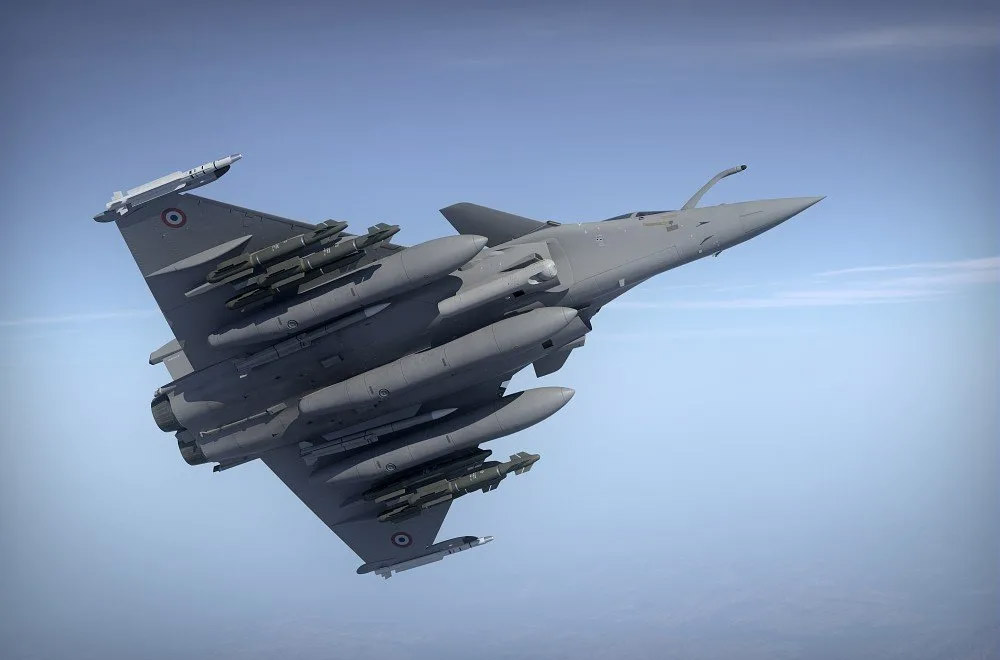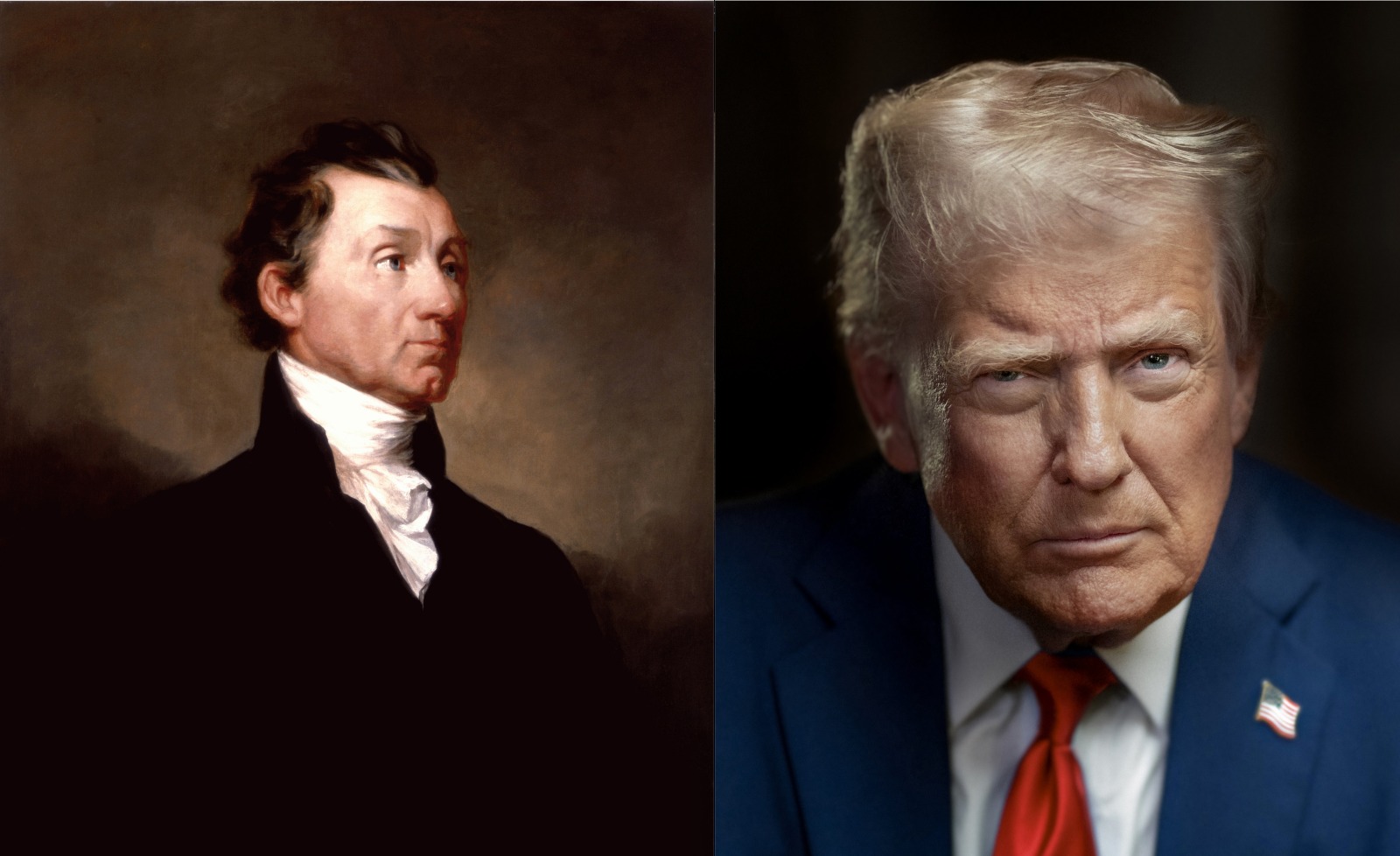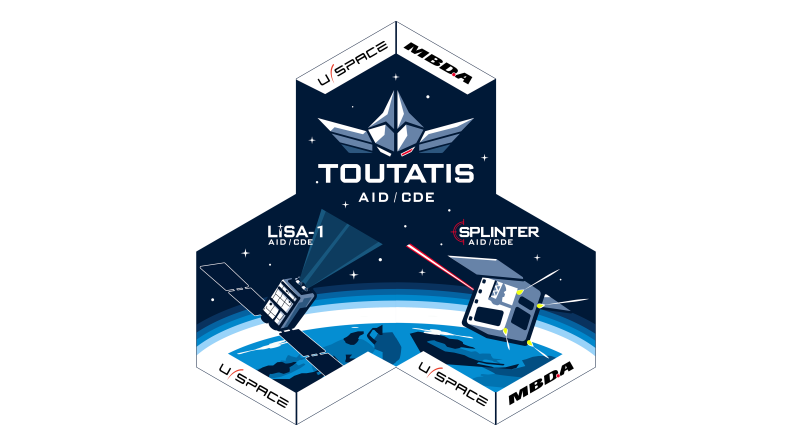Given the threat of Soviet expansionism at the time, the geostrategic alliance formed by North Atlantic countries was historically logical, geographically natural and operationally decisive. Its intergovernmental body (NATO), therefore, has been coexisting and evolving with its members, who have always preferred ad hoc adaptation to institutional integration. The upcoming Riga summit will most likely continue this tradition of adaptation to the current strategic requirements, although a break from past practices remains necessary. This article reflects this very point. As the work of two authors, one French and the other American, it highlights the sort of dialogue that North Americans and Europeans could–and should–hold if they hope to adapt their alliance to the strategic realities of the twenty-first century. The Alliance will have a future provided its members continue to work in partnership whenever their interests and approaches converge, and if they interact more effectively whenever their interests and priorities diverge.







